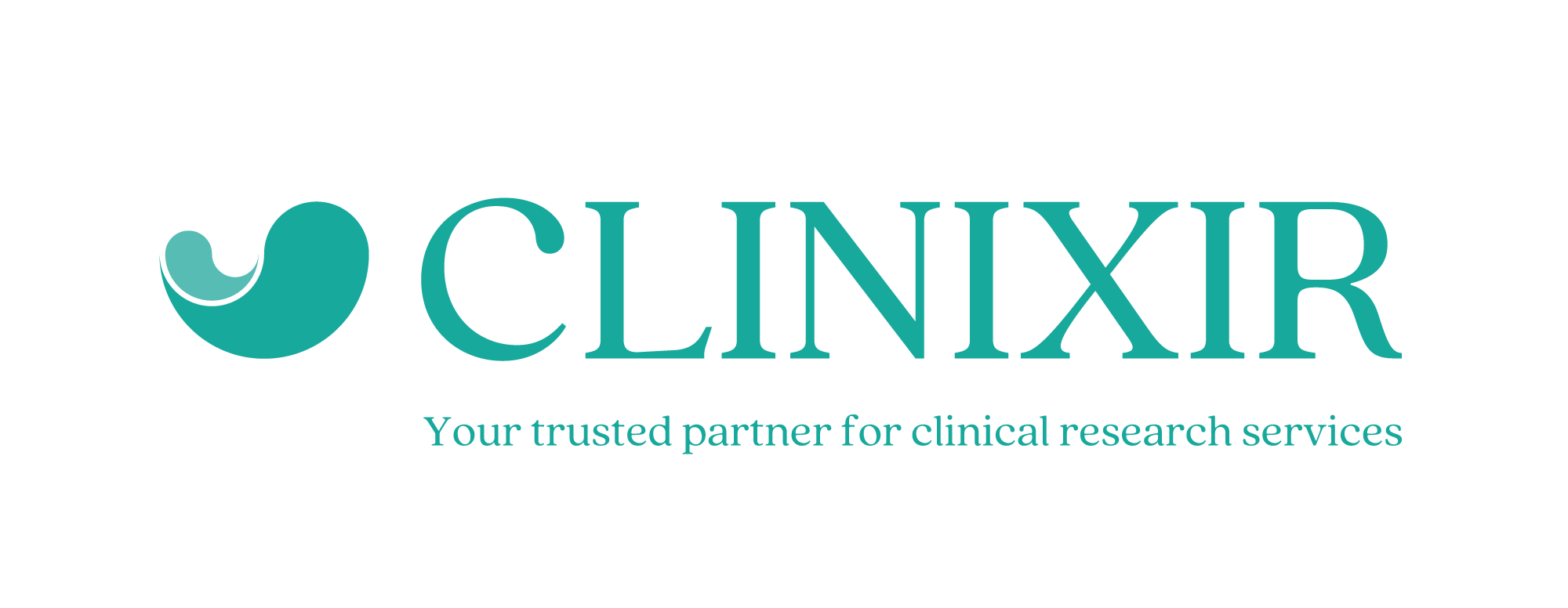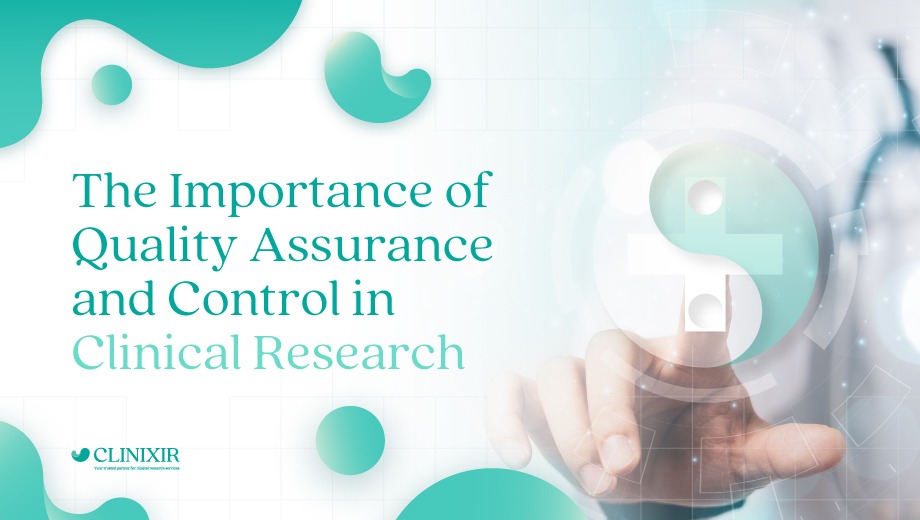Clinical research stands at the forefront of medical advancements and the evolution of effective therapies and treatments. To establish unwavering trust in the results, studies must be conducted with uncompromising attention to detail. In this context, quality assurance and control emerge as indispensable pillars, safeguarding the delivery of the highest quality and most reliable outcomes.
This article delves into the immense value of quality control and assurance in clinical trials, highlighting their pivotal role in ensuring the integrity, safety, and efficacy of research findings.
What is Quality Assurance and Control in Clinical Research?
Quality assurance is a process that involves planned and systematic activities to ensure that the conduct of a clinical trial and the data it generates are of the highest quality possible. It is a systematic and independent audit conducted by personnel who are not directly involved in the research. Quality assurance encompasses activities such as data collection, analysis, and reporting with the goal of determining the trial’s compliance and the efficiency of the quality control processes implemented by the clinical researchers.
Quality control, on the other hand, refers to the set of procedures and activities that are carried out to ensure that the data generated during the trial are complete, accurate, and consistent with the study protocol. This process encompasses various steps, including the development of the trial protocol, data collection and pooling in the database, data analysis, and the preparation of the trial report.
In other words, quality assurance is about preventing problems from happening, while quality control is about detecting and correcting problems that do occur.
Present Day Quality and Assurance Guidelines
Today’s quality and assurance guidelines that clinical trials follow are primarily based on Good Clinical Practice (GCP), an international ethical and scientific quality standard for designing, conducting, recording, and reporting clinical trials involving human subjects.
GCP guidelines ensure that clinical trials are conducted in a safe and ethical manner, protecting the rights and well-being of study participants, and generating reliable data. The guidelines cover all aspects of clinical trial design, including protocol development, data collection, monitoring, analysis, and reporting, as well as the training and qualifications of trial personnel.
Compliance with GCP guidelines is essential for the acceptance of clinical trial data by regulatory agencies and the scientific community, ensuring that the results can be used to make informed decisions about the safety and efficacy of new treatments.
The Key Objectives of Quality Assurance and Control
1. Data Integrity Assurance
One of the primary reasons for implementing quality assurance and control in clinical research is to ensure data integrity. The validity and trustworthiness of clinical studies depend heavily on the accuracy of their data. Quality assurance and control help to ensure that the data collected is accurate and complete and that the results are consistent with the established protocols and procedures.
2. Safeguarding Research Subjects
As clinical research involves the use of human subjects, it is essential to ensure that their rights, safety, privacy concerns, and welfare are protected. Quality assurance and control help to ensure that the research is conducted ethically and that the rights and safety of the subjects are not compromised. Failing to protect research subjects in clinical research can have serious consequences for the individuals involved as well as for the integrity of the research itself.
The risks of not protecting research subjects can include physical harm, psychological harm, loss of confidentiality, loss of autonomy, and exploitation. Where safeguarding fails, research subjects may be exposed to unnecessary risks or forced to participate in research without their full understanding or consent. This can lead to legal and ethical issues and damage the reputations of both the researchers and the institutions involved in the research. It is therefore imperative for researchers to prioritize the safety and well-being of research subjects at all times.
3. Maintaining Regulatory Compliance
Clinical research is subject to numerous regulations and guidelines that must be followed. Quality assurance and control help to ensure that research activity is conducted in compliance with these regulations and guidelines. Following approved processes is important, not only to maintain the integrity of the research, but also to ensure that the results are accepted by regulatory agencies.
4. Improving the Efficiency of Clinical Trials
As clinical trials push towards the unification of research platforms and data standards, the speed and efficiency at which trials are conducted continue to increase. The evolving nature of the industry, however, calls for heightened quality assurance and control.
Proper guidelines help identify and address potential issues in the research process before they become significant problems. These guidelines also help improve the efficiency of clinical trials, reduce costs, and accelerate the development of new treatments and therapies.
Future Challenges
As technological advancements are increasingly used in clinical trials, quality assurance and control challenges are bound to arise. For example, given the use of AI in clinical research, ensuring the accuracy and transparency of the algorithms used and the quality of the data being analyzed will be critical.
Similarly, incorporating real-world evidence may pose challenges in ensuring the reliability, completeness, and relevance of the data. Furthermore, as data is collected remotely and across multiple platforms, maintaining data integrity and security will be paramount.
Thus, clinical researchers will need to implement robust quality assurance and control measures to ensure the accuracy, reliability, and validity of the data collected and analyzed moving forward.
Clinixir’s industry-leading services can help your company navigate regulatory requirements while carrying out clinical trials. Our affiliation with Thailand’s top medical institutions, access to the country’s largest set of medical records, extensive regulatory knowledge, advanced research methods, and state-of-the-art technologies enable your organization to put reliable drugs, devices, and treatment methods on the market, maximizing your commercial output and providing a better quality of life for the general public.
To find out how we can help you, contact us today.



